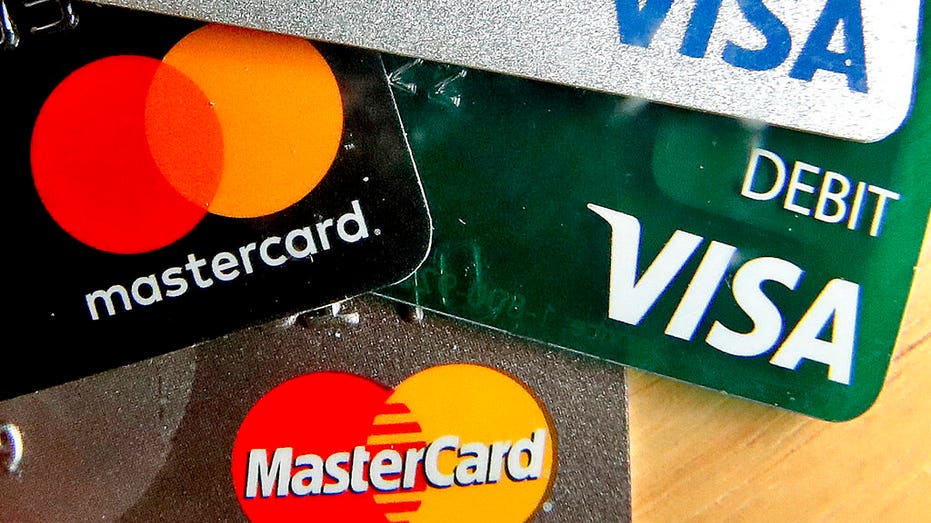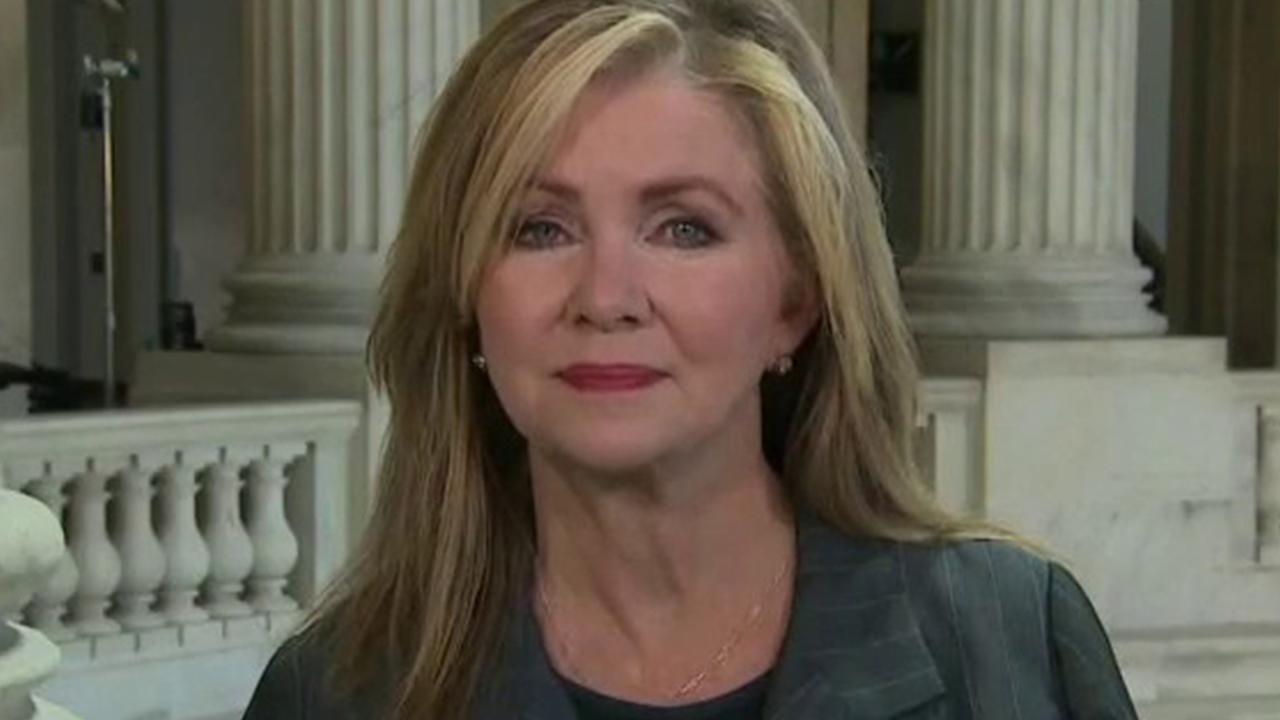US credit card debt declines slightly in June
The personal savings rate in June was 19%, according to the Commerce Department’s Bureau of Economic Analysis
U.S. credit card debt continued to fall in June as overall consumer borrowing grew after three months of declines amid the coronavirus pandemic, according to a Friday report from the Federal Reserve.
The report shows that consumer revolving debt – which is comprised mostly of credit card debt – dropped to $992.4 billion from $994.7 billion in May.

U.S. consumer borrowing rose in June after three months of declines but the key category of credit card debt extended its decline. (AP Photo/Keith Srakocic, File) (AP)
Credit card balances reached an all-time high in February, just before the coronavirus pandemic began affecting consumer spending and bank lending, but dipped below the trillion-dollar mark in May – its lowest levels since September 2017, CreditCard.com reported.
The drop in credit card debt underscores how the pandemic affected consumer spending habits, as households did not want to take on additional debt.
BROADWAY AD AGENCY SUES PRODUCER SCOTT RUDIN, CLAIMS HE OWES $6.3M
Meanwhile, the personal savings rate in June was 19%, according to the Commerce Department’s Bureau of Economic Analysis.
The drop in credit card balances comes amid banks tightening the terms of their credit card loans. Some 60% of responding banks cited in the Fed’s July senior loan officer opinion survey, said they had clamped down on credit limits, while around 60% were requiring higher credit scores.
Likewise, protections afforded to many American consumers via the CARES Act, passed in March, prevented large-scale delinquencies from appearing on credit reports and damaging future access to credit, according to the second-quarter report from the Federal Reserve Bank of New York.
TRUMP PAYROLL TAX EXECUTIVE ORDER LIKELY WORTH $1,200 PER WORKER: KUDLOW
“Protections afforded to American consumers through the CARES Act have prevented large-scale delinquency from appearing on credit reports and damaging future credit access” said Joelle Scally, administrator of the Center for Microeconomic Data at the New York Fed. “However, these temporary relief measures may also mask the very real financial challenges that Americans may be experiencing as a result of the COVID-19 pandemic and the subsequent economic slowdown.”
According to the Fed's Friday report, the category of borrowing that covers credit cards was offset by an increase in the category that covers auto loans and student loans, which increased by $11.3 billion, or 4.3%.
GET THE FOX BUSINESS ON THE GO BY CLICKING HERE
Consumer borrowing is closely watched for signals it can send about consumers' willingness to keep borrowing to support their spending, which accounts for 70% of U.S. economic activity.
The Associated Press contributed to this report.




















